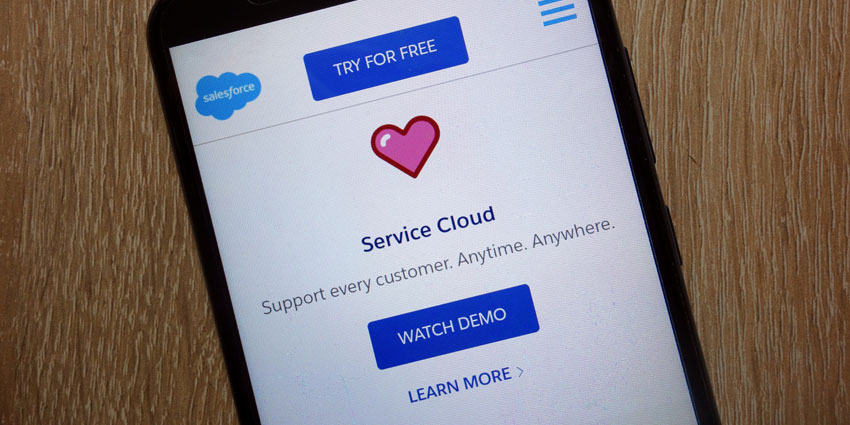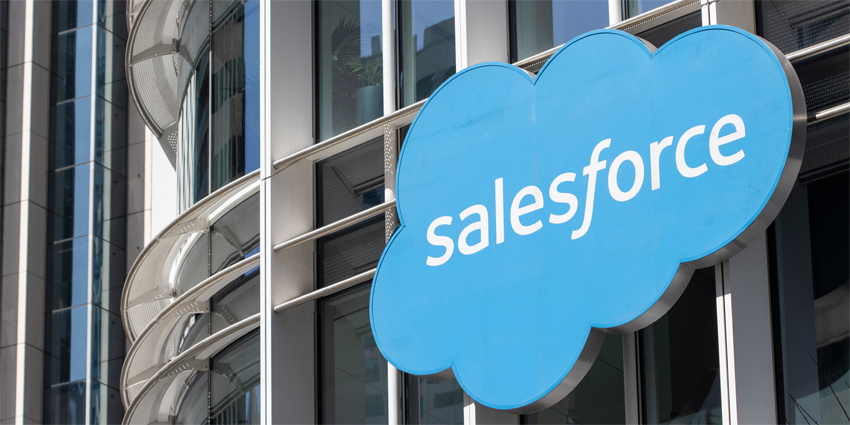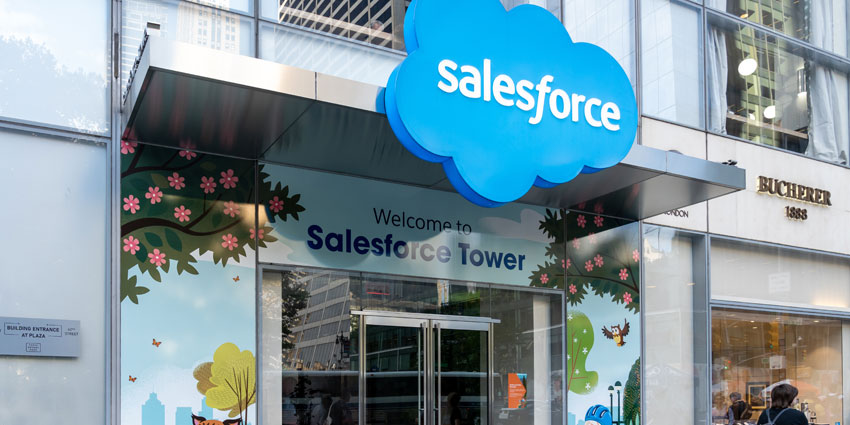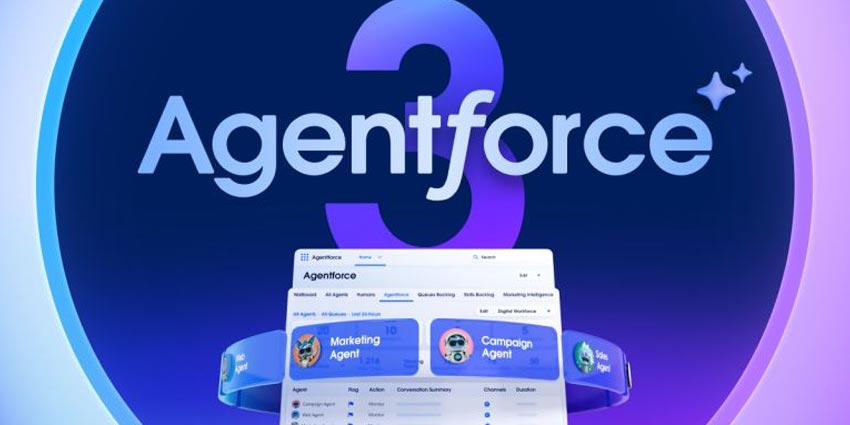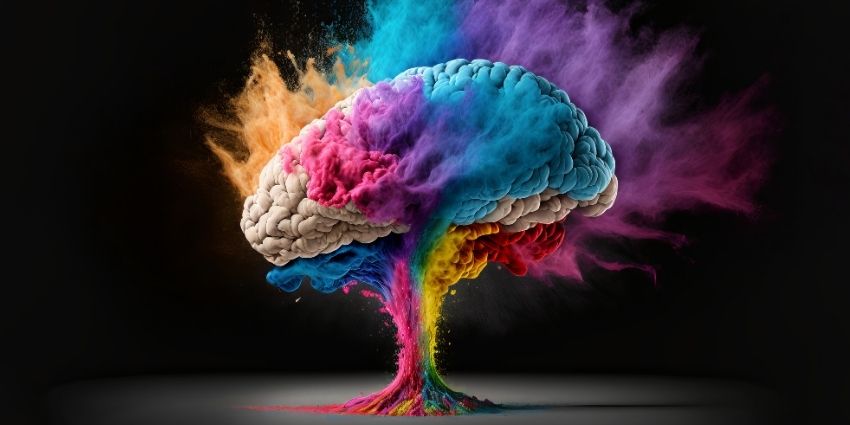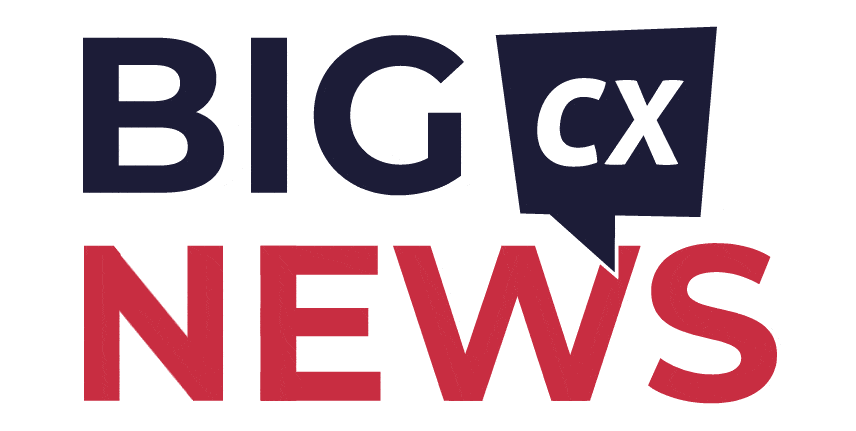Salesforce has expanded Service Cloud to support a new type of service: Employee Service.
In doing so, the tech giant has added an HR solution – named “Employee Service” – to the CRM app.
Employee Service provides a service console for HR, which comes with an employee portal.
Essentially, this portal is an employee’s one-stop shop for HR. As such, staff can receive immediate answers to their questions with GenAI, connect to HR specialists from any channel, and initiate tasks like requesting paid time off (PTO).
Meanwhile, HR teams may leverage the service console to unify information sources, offer AI-driven support, and automate particular employee experiences.
Agentforce customers can also deploy AI Agents across Employee Service to automate more of those tasks, saving everyone time.
Sharing the news in a LinkedIn post, Kishan Chetan, EVP and GM for Service Cloud, said:
This new solution unifies employee data, case details, and a company’s corporate knowledge base all in one workspace that gives HR teams a 360-degree view of each employee and the ability to manage employee support cases with built-in AI and productivity tools.
“HR teams can efficiently resolve employee issues using Agentforce to quickly search, respond, summarize, and close cases, extending teams to get work done faster.”
Ultimately, Salesforce hopes to eliminate the use of various point solutions in HR and prevent employees from searching multiple sources – including email, the internet, their collaboration platform, disparate knowledge bases, etc. – for HR-related tasks.
In removing point solutions, Salesforce also aims to lower the burden on HR personnel by eliminating redundant processes, reducing manual effort, and increasing productivity.
Some early adopters of Employee Service are already seeing positive results in streamlining HR delivery and improving employee productivity.
That’s according to Sherin Sunny, Sr. Director of Product Management at Salesforce. During a recent webinar, she noted:
Our customers have reported a 31 percent increase in employee productivity when using Service Cloud for Employee Service.
Such results come as employees and HR teams have grown tired of flicking between various apps.
Indeed, research published in Bloomberg found that 88 percent of employees agree that a frustration-free digital experience is key to their happiness and productivity.
Meanwhile, 90 percent of HR professionals say they’re stretched thin trying to meet their organization’s needs, according to a 2024 Society for Human Resource Management (SHRM) study.
Developing a unified HR data foundation is critical to minimizing this scatter. Recognizing this, Salesforce provides a prebuilt Mulesoft integration with Workday, alongside configurable integrations to other human capital management (HCM) systems, to provide this centralized system.
Yet, Beth Schultz, VP of Research & Principal Analyst at Metrigy, hopes Salesforce will go further by connecting Employee Service with Slack. She said:
In terms of the roadmap for Employee Service, we’ll be particularly watching how Salesforce’s multifaceted plans for bringing the product into Slack plays out (in line with Slack’s continued evolution from [a] team collaboration app to a fully connected, collaborative workspace).
Aside from Employee Service, Slack is on quite the journey, luring back Patrick Harris, Co-Founder of Salesforce, to rearchitect the platform and make it part and parcel of the Salesforce ecosystem.
Meanwhile, Service Cloud continues to grow, aside from adding Employee Service. Recently, it extended with the launch of a new-look CCaaS integration program and the introduction of a product discovery tool.
Yet, Agentforce is currently Salesforce’s marketing team’s priority. For more on this “game-changing” platform, check out our article: Salesforce Goes Live with Agentforce, Promises to “Redefine What’s Possible In Business”
